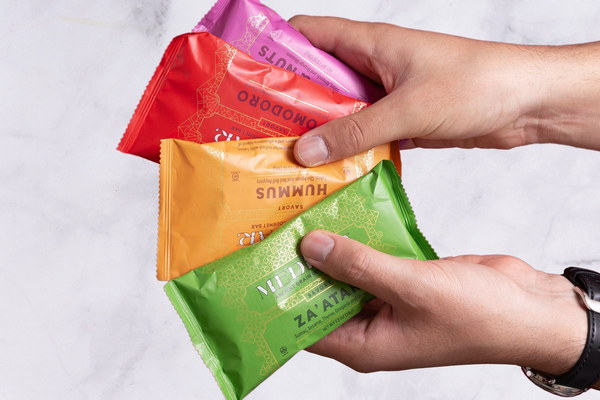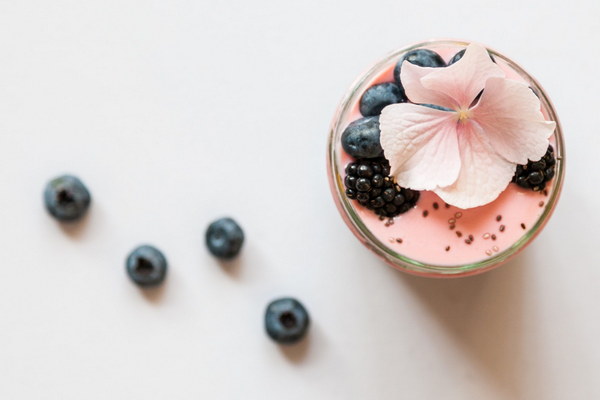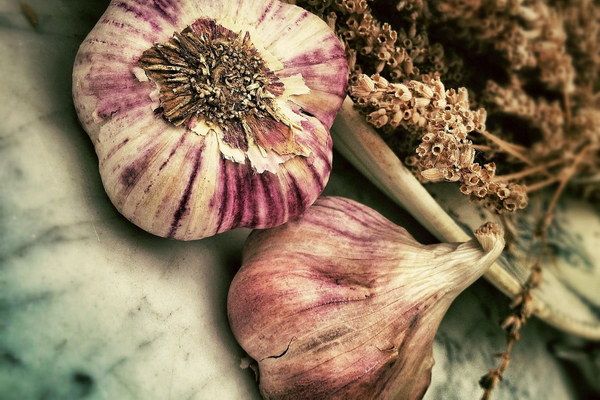Is It Safe to Drink too Much Health Tea in Autumn and Winter
As autumn and winter approach, many people turn to health teas to keep their bodies warm and boost their immune systems. However, some may wonder if it's safe to drink too much of these beneficial teas. In this article, we will explore the potential risks and benefits of excessive consumption of health teas during the autumn and winter seasons.

Firstly, it's essential to understand that health teas are not a substitute for a balanced diet and a healthy lifestyle. While they can offer numerous health benefits, drinking an excessive amount of these teas can lead to negative side effects.
One of the main concerns with drinking too much health tea is the potential for caffeine overload. Many popular autumn and winter health teas, such as green tea, black tea, and chamomile tea, contain caffeine. While caffeine is a stimulant that can boost energy levels, excessive consumption can lead to side effects like anxiety, insomnia, and increased heart rate.
Moreover, some health teas contain certain herbs and ingredients that may not be suitable for everyone. For instance, ginger tea is known for its anti-inflammatory properties and can help with digestion. However, excessive consumption of ginger tea may cause gastrointestinal discomfort and heartburn in some individuals. Similarly, peppermint tea, which is often recommended for soothing the stomach, can lead to stomach pain or acid reflux when consumed in large quantities.
Another concern is the potential for mineral and vitamin deficiencies. Health teas, particularly those with high levels of tannins, can interfere with the absorption of certain minerals and vitamins, such as iron, calcium, and vitamin B12. This can be particularly problematic for individuals who are already at risk of nutritional deficiencies.
Despite these potential risks, it's important to note that moderate consumption of health teas can offer numerous benefits during the autumn and winter months. For example:
1. Antioxidants: Many health teas are rich in antioxidants, which can help protect your body against free radicals and reduce the risk of chronic diseases.
2. Immune system boost: Herbs like echinacea, elderberry, and ginger can help strengthen your immune system and protect you from colds and flu.
3. Digestive health: Peppermint, ginger, and chamomile are well-known for their digestive benefits, which can help prevent bloating, gas, and indigestion.
4. Stress relief: Certain teas, such as lavender, chamomile, and lemon balm, can help reduce stress and promote relaxation.
To ensure that you're reaping the benefits of health teas without the risks, consider the following tips:
1. Choose the right tea: Opt for teas with lower caffeine content, such as white tea or herbal teas without caffeine.
2. Moderation is key: Aim to consume no more than three to four cups of health tea per day, spread throughout the day.
3. Be mindful of your health conditions: If you have specific health issues, consult with a healthcare professional before adding health teas to your diet.
4. Complement with a balanced diet: Ensure you're getting a variety of nutrients from other sources to avoid deficiencies.
In conclusion, while health teas can offer numerous benefits during the autumn and winter months, it's crucial to consume them in moderation. By being mindful of your intake and choosing the right teas for your specific needs, you can enjoy the health benefits without the risks of excessive consumption.









